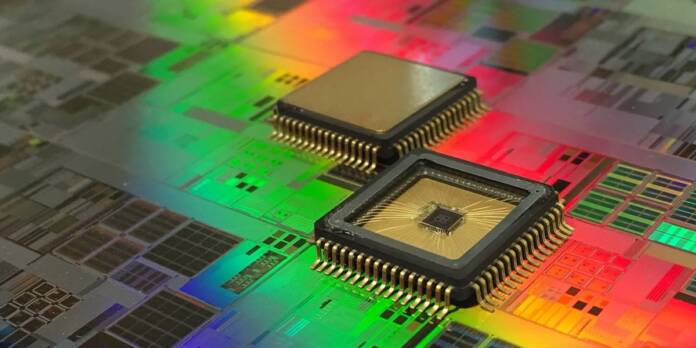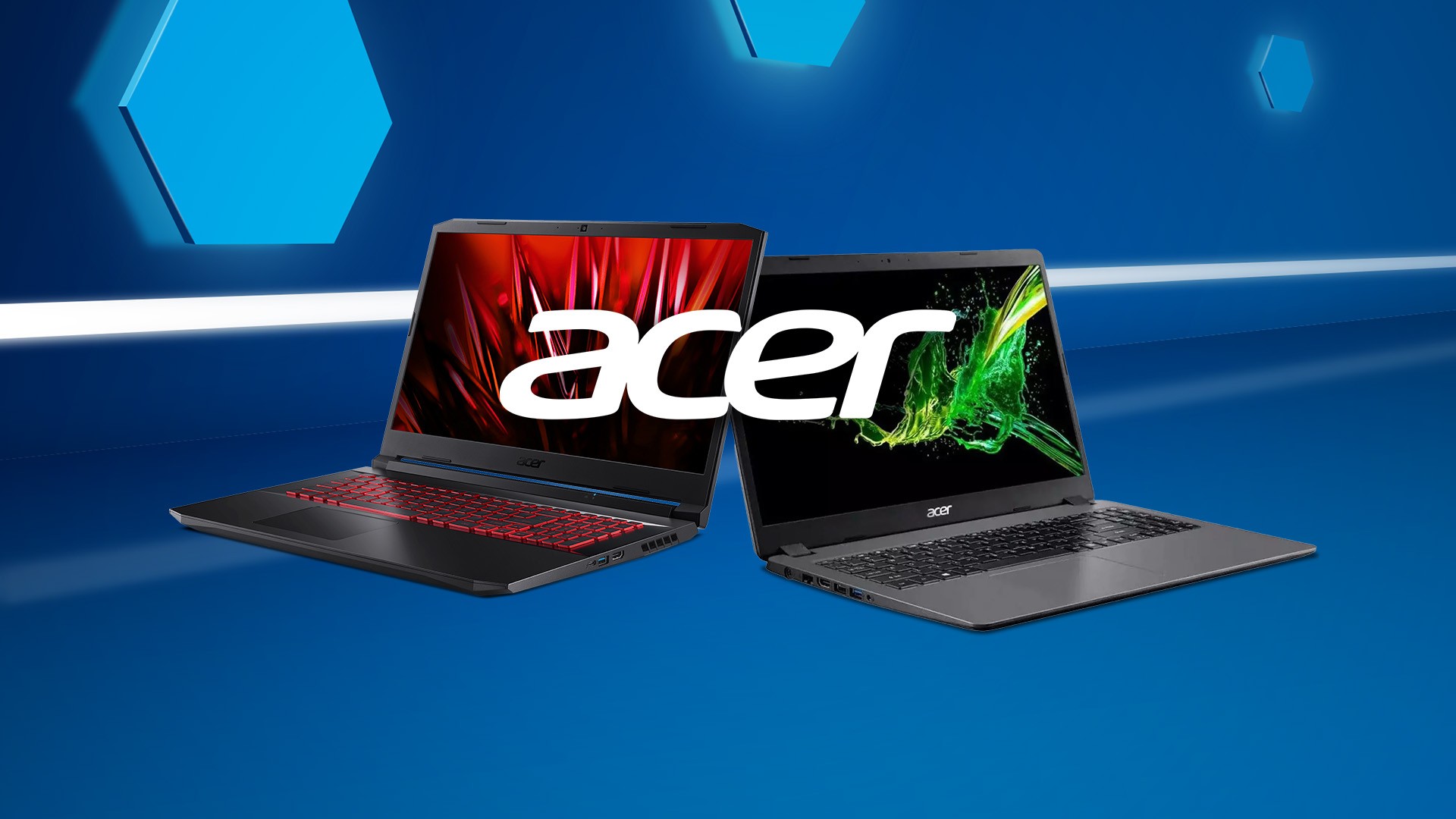After Apple came into conflict after only a week, due to not wanting to increase the prices of the main and largest chip supplier, TSMC, the Cupertino company has finally agreed. Now, Apple has already decided to raise prices for next year, according to the latest report from the Economic Daily News.
Apple agrees to TSMC
Everything seems to indicate that after the first of January of the following year, 2023, the supplier TSMC will have an increase in the price of all its materials as 8-inch chips up to 6 percent. Meanwhile, the 12-inch will rise between 3 and 5 percent. This is interesting, because previously Apple had already reported its refusal of this proposal, at least this reported the Economic Daily News. However, now the company would have already finally accepted the rise in prices.
There would finally be an impact after the immense world shortage of chip material. Well, supply chain providers like TSMC would finally have to drive up material prices for Apple. Likewise, other component manufacturers, such as material suppliers, already have their own process in the industry in this sector, especially with price reductions in various places.
A few months ago, being May, the Bloomberg media already notified the threat with the rise in all its parts prices by TSMC. Also remembering the 20 percent increase last year, being the largest price increase in the last decade. That same year, 2021, Apple also thought of increasing the prices of its products in order to reduce the rise in chips from its suppliers.
Vendor TSMC is the main producer of the A-series chips in your iPhone, iPad, as well as the Apple Silicon processors inside your Mac. Apple continues to expect 3nm chip production to start towards the end of this year. Obviously, the A17 Bionic chip would arrive to be introduced in the next iPhone 15 Pro, thinking that this is a 3nm processor.
Apple’s quest to improve the performance and power of its processors in Mac and iPhone would finally be with 3nm chips. From energy to efficiency, the Cupertino company would continue with the best competition, even if it has to increase prices.













